October 9, 2006
The reaction to the news of North Korean nuclear test was altogether predictable: “Let’s isolate them, let’s blockade them, let’s cut off aid” on the one side, “let’s talk to them” on the other.
Both approaches are based on the same fundamental premise: that by seeing the negative impact of the nuclear policy on their already tottering economy and the well-being of their people, North Korean leadership will change its course.
But is that premise correct? Are North Korea’s leaders convinced their economy is tottering? Do they know their people are suffering? Do they think the West is strong enough to deal with the North Korea?
Unfortunately, the most probable answer to each of these questions is, “no,” “no,” and “no.”
As with any other messianic regime, North Korean leaders are sure that theirs is the land of bliss. The leaders are tightly wrapped in the bubble of their own economic splendor, and see nothing but happiness all around them. The state exists only to keep the Leader happy – which means keeping the real reality hidden well. The only purpose of the Leader’s entourage is to constantly keep this façade of universal happiness moving as the Leader moves. Whenever he goes, the Leader sees smiling, happy children singing and dancing; whenever he steps outside of his palace, there are well-fed, well-housed people who are besides themselves with expressions of gratitude to the Leader. All the talk of North Koreans’ unhappiness is obvious and blatant capitalist propaganda.
Moreover, the position of the West is also seen differently by those enveloped by the fragrant incense of Communist religion and peeking out of its thick smoke. To North Korean leadership, not only are those living under Communism the happiest of beings, but those living under capitalism are the most miserable ones – and moreover, their countries are on the brink of imminent collapse from the strain of the on-going class struggle, and are about to join North Korea in Communist bliss at any moment. In fact, it is precisely to prevent this outcome, it is precisely to stall the historically inevitable arrival of Communism, that reactionaries and capitalists threaten the North Korea, this beacon of human progress.
And so, here is the view from the other side: the happy, strong, and prosperous North Korea is threatened by poor, weak, doomed regimes that are about to collapse. Since capitalists are weak, why not negotiate from the position of strength? Since they are headed for historical oblivion, why keep promises made to them?
All of which shows the limits of “realpolitik:” it is based on the premise that the other side sees the same reality we do.
Which is not at all in accord with reality.

